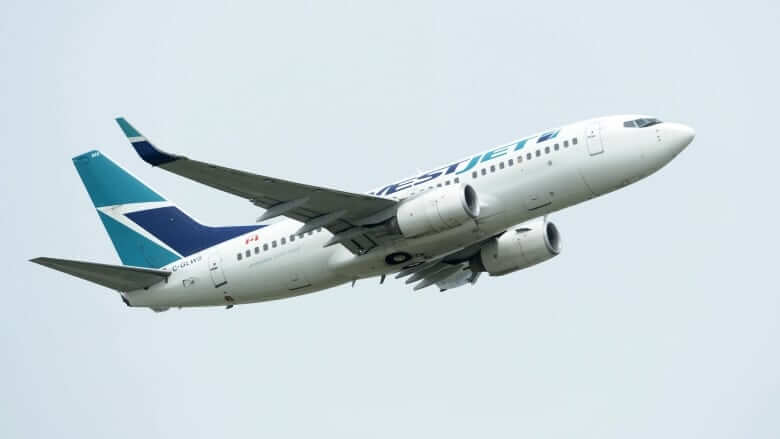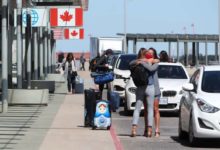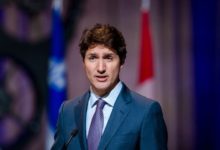Government working with other countries to recognize Canadians with mixed doses as fully vaccinated

Canadians who have received two different doses of COVID-19 vaccines may face difficulties travelling to countries where vaccine mixing has not been approved by health officials.
Border restrictions to begin easing slowly for fully vaccinated Canadian travellers Monday
In June, the National Advisory Committee on Immunization issued guidance permitting AstraZeneca-Oxford, Pfizer-BioNTech and Moderna shots to be used interchangeably in certain situations.
Earlier this week, Prime Minister Justin Trudeau was asked if the government has received assurances that Canadians will be allowed to travel if they have shots from two different vaccines, even if other countries haven’t approved mixing doses.
“We’re going to work with the international community to make sure that people who are fully vaccinated in ways that Canadians recognize as safe and effective are also recognized around the world,” he said.
In a news conference Thursday, Intergovernmental Affairs Minister Dominic LeBlanc was asked to specify what the federal government was doing to ensure mixing doses would be recognized by other countries.
“We work with allies … in sharing data, working with them on the best immunization strategies, so we understand the concern that Canadians have around international travel,” he said.
LeBlanc pointed to the federal government’s efforts to create an internationally recognized proof of vaccination certificate — or vaccine passport — but didn’t say how it would work for Canadians with two different doses, although he said more details would be made available “over the coming weeks and months.”
Canadians already facing confusion
But some travellers vaccinated using that advice have started to face difficulties when considering travel to countries where mixing doses is not recognized.
Laura Sharpe of Surrey, B.C., has one shot of Pfizer and one of Moderna. She booked a trip to Barbados with her husband for the end of August.
Vaccinated travellers in Barbados are required to stay at a hotel upon arriving for up to 24 hours until they get their negative PCR test results back. Unvaccinated visitors, however, must stay in their hotel rooms until they receive their test results on day five.
But the government of Barbados did not consider someone who has two shots of different vaccines fully vaccinated until recently.
Barbados’s original policy of not recognizing mixed doses led Sharpe to believe she would have to cancel her trip. She said she even contacted the government’s Tourism Ministry to try to clarify if she would be forced to quarantine and was initially told she would.
“I had done all my homework and it didn’t help,” she said.
Sharpe said she wishes the government had been a bit more proactive than reactive after issuing advice on mixing doses, and is worried about other countries that won’t recognize mixed dosing.
“This could go on for months or even years before this is sorted out,” she said.
The Canadian government’s official recommendation remains not to travel for non-essential purposes.
Sharpe said she understands that advice but still felt she could have made an educated decision to go and felt she was protected by the vaccine and that the country she went to was safe.








Redes Sociais - Comentários